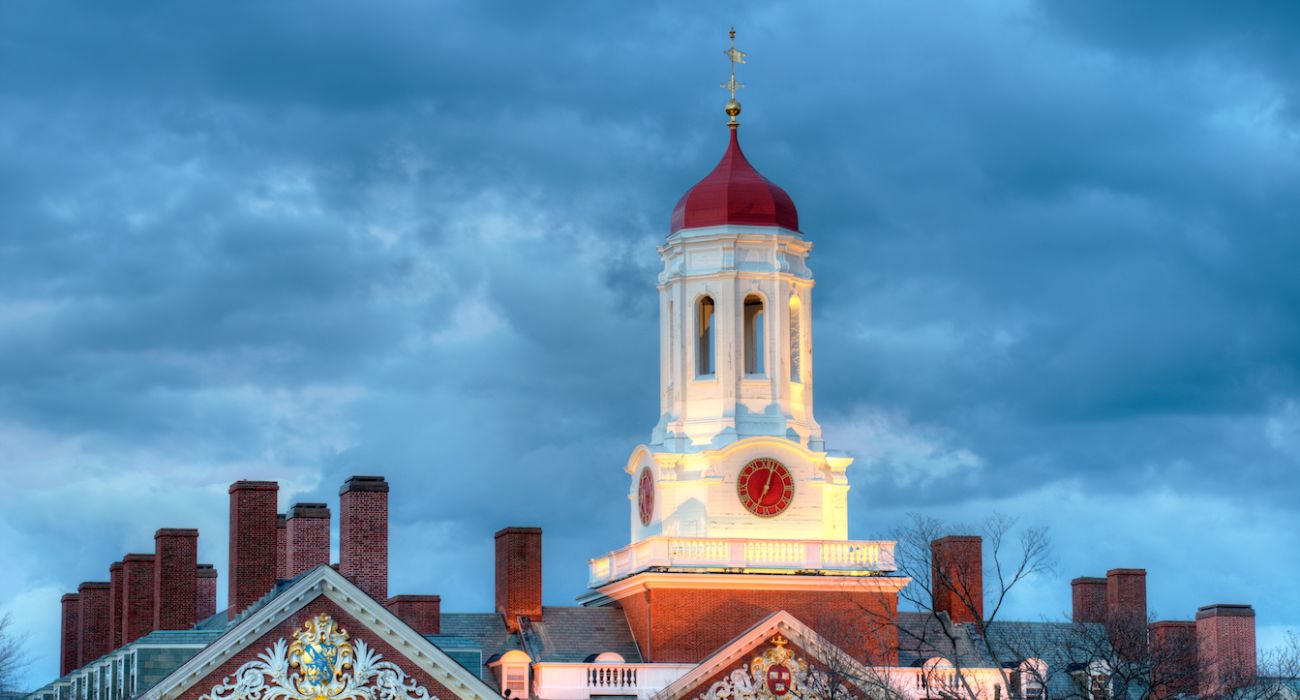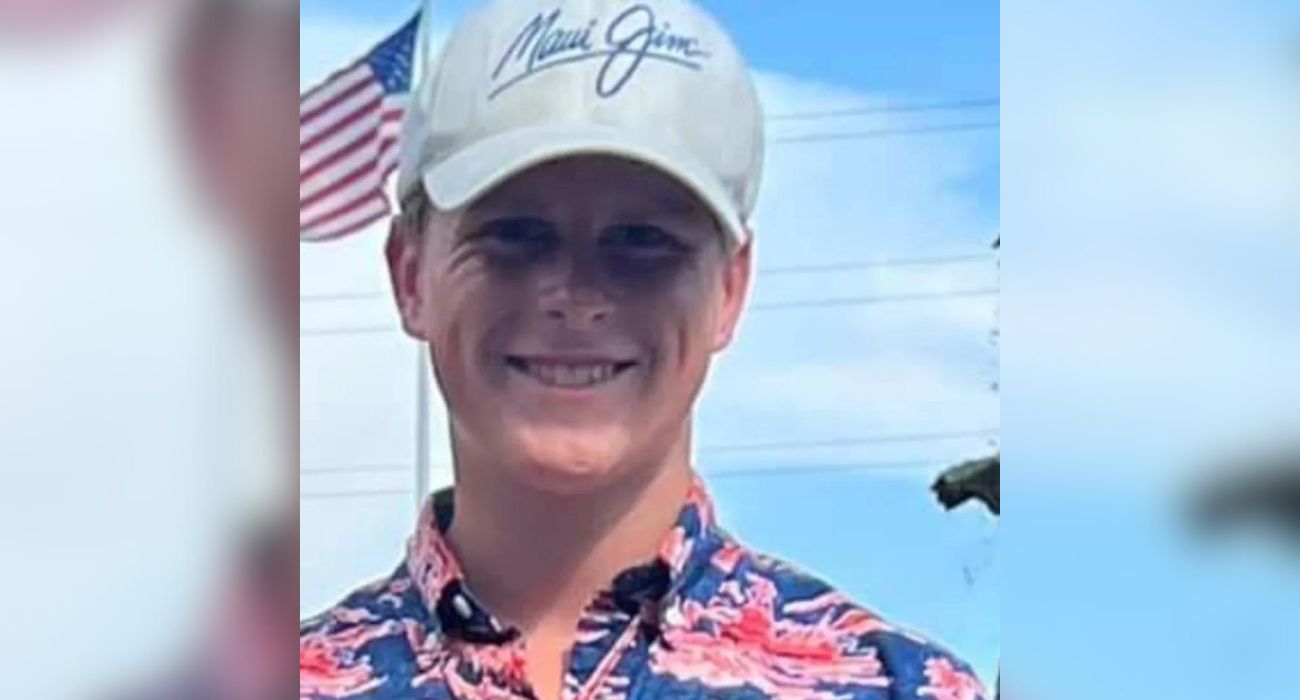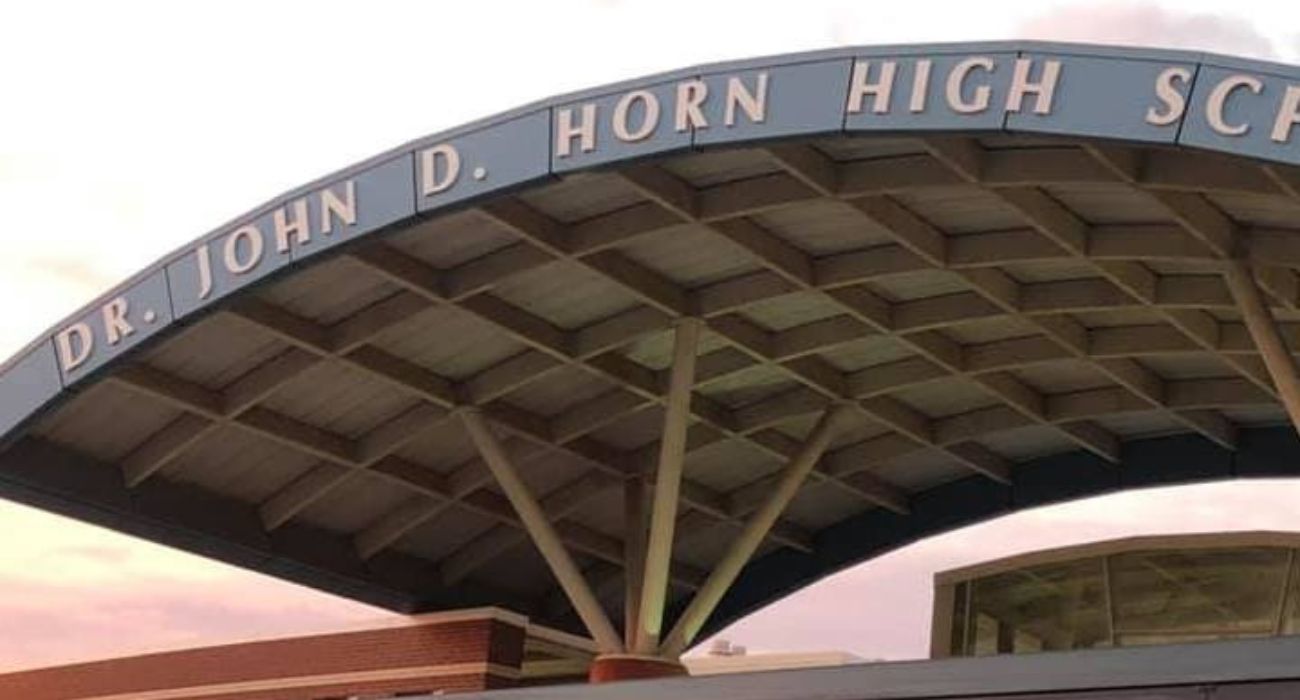Several Boston-area civil rights groups have filed a complaint with the Department of Education challenging Harvard University’s donor and legacy-related admissions.
The complaint alleges Harvard’s admission policy violates Title VI of the Civil Rights Act of 1964. Under Title VI, any program or activity that receives federal taxpayer money cannot discriminate based on race, color, or national origin. Schools like Harvard that accept such money must abide by the Title VI mandate.
According to the complaint, favoring applicants with donor or legacy ties in admissions policies disproportionately results in more white students being admitted over “students of color, including Black, Latinx, and Asian Americans.” The complaint claims that nearly 70% of both donor-related and legacy-related applicants are white, AP News reported.
While legacy applicants are six times more likely to be admitted than non-legacy applicants, in the case of donor-related applicants, that advantage over students without similar ties is allegedly sevenfold, according to the complaint, which also states that donor and legacy preferences make up as much as 15% of Harvard’s admissions.
Children of donors and legacies, along with athletes and the children of staff (together referred to as ALDCs), receive what is commonly referred to in Harvard admissions practices as “tips” or special preferences. Quoting a study, the complaint claims that “roughly three-quarters of white ALDC admits would have been rejected absent their ALDC status.”
Harvard puts the children of donors on the “Dean’s Interest List.” According to the complaint, applicants that do not get put on the list only have a 6% chance of gaining admission to the prestigious institution, while those chosen have over a 42% chance of being admitted.
The complaint mentions the 2019 “Operation Varsity Blues” scandal, which exposed wealthy parents resorting to bribery and fraud to get their children into elite universities. At least one of those accused of bribing admissions administrators put forward the defense that the money he paid was a donation to the school and that the transaction was no different than the ones that get donors’ kids on a Dean’s Interest List.
The Dallas Express spoke with Michael Kippins of Lawyers for Civil Rights, the lead attorney for the complainants.
Speaking about donor-aided admissions, Kippins asserted, “College admissions should not be a pay-for-play operation.”
While Kippins told The Dallas Express that both legacy- and donor-tied admissions are important issues that the Title VI complaint seeks to remedy, there is quite a bit more data on legacy admissions than donor-related admissions.
Asked about the significance of Operation Varsity Blues to the Title VI complaint, Kippins said that by referencing the 2019 bribery and cheating scandal, “[a] point is being made of the importance in having access to prestigious schools that lead to successful careers.”
“Admissions should be set on a level playing field where applicants are judged on their individual merit,” said Kippins.
Both Democrats and Republicans can be counted among those questioning the fairness of donor and legacy admissions.
Sen. Tim Scott (R-SC) told Fox News that Harvard could improve its admission policies by “[eliminating] any legacy programs where they have preferential treatment for legacy kids. … Let’s look at the legacy programs.”
Rep. Alexandria Ocasio-Cortez (D-NY) wrote in a tweet, “If SCOTUS was serious about their ludicrous ‘colorblindness’ claims, they would have abolished legacy admissions, aka affirmative action for the privileged. 70% of Harvard’s legacy applicants are white. SCOTUS didn’t touch that — which would have impacted them and their patrons.”
In a possible indicator of why the movement to eliminate legacy admissions is finding bipartisan support, a 2022 Pew Research poll found that 75% of the public is against the practice.
Even though the spotlight is currently on Harvard because of the complaint that has been filed, donor- and legacy-favoring programs are common throughout institutions of higher education that fall under the purview of the Civil Rights Act. The complaint notes that schools in Colorado, the University of California System, the University of Georgia, and Texas A&M are some exceptions.
Harvard’s president-elect, Claudine Gay, released a video message after the Supreme Court struck down race-based admissions practices in June.
Gay said it would take some weeks for her administration to “understand the decision and its implications for our policies,” as reported by The Harvard Crimson.
It is unclear how the recent challenge to Harvard’s admissions practices will factor into the school administration’s plans moving forward, but Harvard Senior Communications Officer Nicole Rura told The Dallas Express in an email:
“Last week, the University reaffirmed its commitment to the fundamental principle that deep and transformative teaching, learning, and research depend upon a community comprising people of many backgrounds, perspectives, and lived experiences. As we said, in the weeks and months ahead, the University will determine how to preserve our essential values, consistent with the Court’s new precedent.”






